I think I've learned a lot from my three years with this wonderful community. I came with a clear directive from the leadership to make a lot of changes. The congregation wanted more vibrant worship, more opportunities for serious adult learning, and a more visible presence in the community through social action and service projects. While I think we have had important accomplishments in all of those areas, there has been another goal – usually unstated – that this congregation has sought.
Temple Beit HaYam, like all congregations, wants to be a place where people feel that they belong, where they connect with others, and where they find real, lasting and meaningful friendships. I have learned in my three years here that this unstated goal is at the heart of what it means to be a congregation.
So here are some rabbinic lessons I have learned that I will carry with me to Temple Sinai in Cranston, Rhode Island:
• Remember that the service is, at best, only half of what brings people to the synagogue on Shabbat. They also come for the oneg, or the kiddush – the time when they spend time with people they care about, when they connect with new people, and when they feel like the synagogue is a place where they belong.
• When people sit around a table to learn and study our tradition together, a great deal of the learning comes from listening to each other. There is something deeply powerful and moving about reading a text together and hearing others relate it to the most important moments of their lives. There needs to be time for that whenever we study together. There needs to be an opportunity for people to discover themselves in the text.
• Social action programs feel good when they give us a chance to help people in need. But that is only half the fun. There is a deep fulfillment in being part of a group that works to make the world a better place. No social action program is complete if it does not give participants a chance to reflect on their experience, share their insights, and enjoy the camaraderie of the group.
• We are living in a society in which people are, more and more, strangers to their neighbors. We spend so much of our time staring at screens and playing with gadgets. So much of our jobs and schooling isolates us from the people who live next door. When affluence places us in large comfortable homes, it creates a cocoon effect that makes us forego the pleasures of being with other people. Part of what draws people to a synagogue is that it fulfills a need that is otherwise unmet in their lives.
The job of the rabbi is to be an organizer and facilitator of these experiences. Perhaps even more importantly, though, the role of the rabbi is to be part of people's lives and to be a member of the community. That can be difficult when the rabbi feels the tension and ambiguity of being both friend and professional, participant and leader, on-the-job and in-the-moment, all at the same time. That is the dance of this profession. It should be danced with joy.
I leave Temple Beit HaYam with a lot of good feelings. I have made a lot of lifelong friends here. I have grown as a professional and as a person. I have seen that, no matter what the size, a congregation is a community only when people really want to be with each other. That is a great and joyful thing to see. I can't wait to dance this dance in my new home.
Goodbye, Temple Beit HaYam.
Hello, Temple Sinai.
Other Posts on this Topic:
Ten Thoughts about Being a Congregational Rabbi

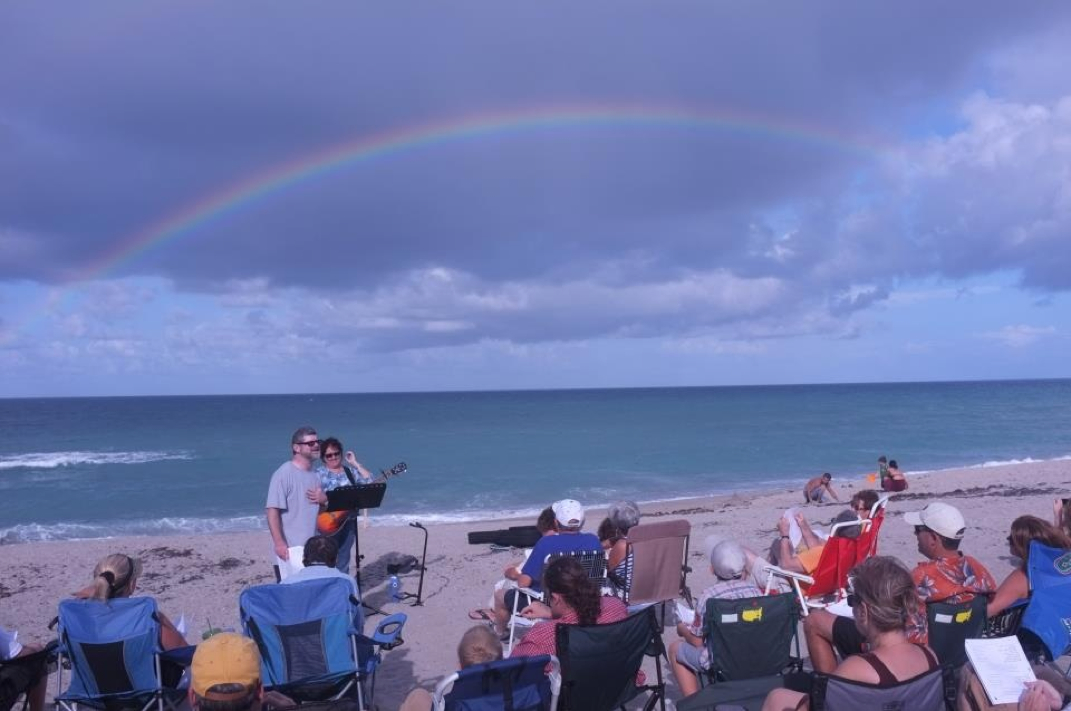
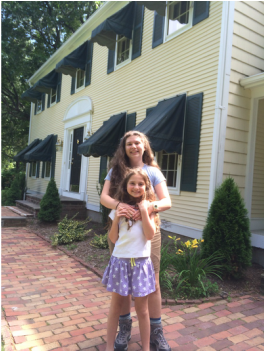
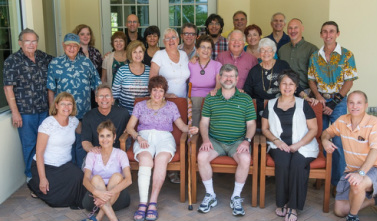
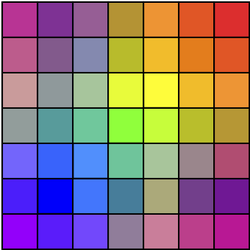
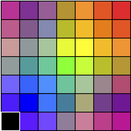
 RSS Feed
RSS Feed
